‘Denying genocide traumatises survivors a second time’
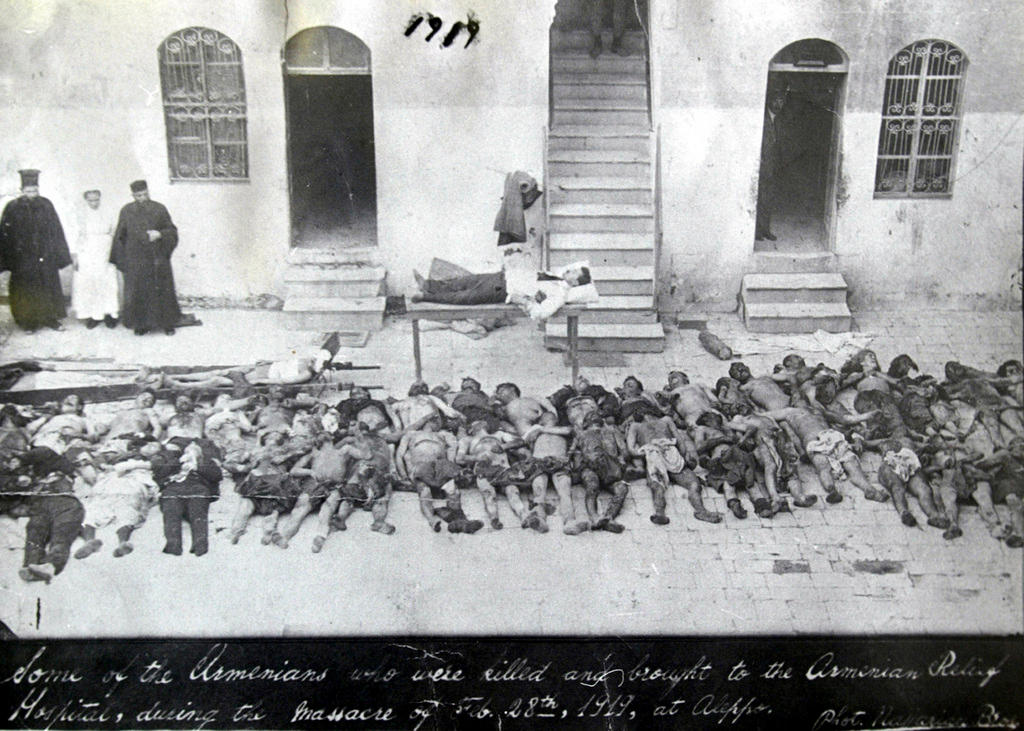
Turkish nationalist Doğu Perinçek has demanded Switzerland decriminalise denial of the Armenian Genocide, pointing to a ruling by the European Court of Human Rights. A Swiss law professor explains why he is unconvinced by the Court’s decision.
Perinçek, chairman of the Turkish Patriotic Party, first made headlines in 2005 when he said publicly in Switzerland on three different occasions that the mass killings of up to 1.8 million Armenians by Ottoman Turkish forces a century ago did not constitute genocide.
Turkey acknowledges that many Armenians died, but denies that this was an attempt to exterminate the Armenian people. It also says the death toll is inflated and that many others died in inter-ethnic violence at the time.
Swiss courts in 2007 convicted him of violating Swiss anti-racism law, which forbids denying, belittling or justifying genocide.
Perinçek appealed to the European Court of Human Rights, based in Strasbourg, which in September 2015 acquitted him of the racism charges and concluded a month later that Switzerland had violated his right to freedom of speech.
During a press conference on Tuesday at the Turkish consulate in Zurich, he shared his conspiracy theories about recent terror attacks in Europe, blaming the United States. He also expressed support for a proposal by Yves Nidegger from the rightwing Swiss People’s Party which requests a modification to the Swiss penal code that would strike out the mention of genocide, or at least require that it be “verified by a competent court”.
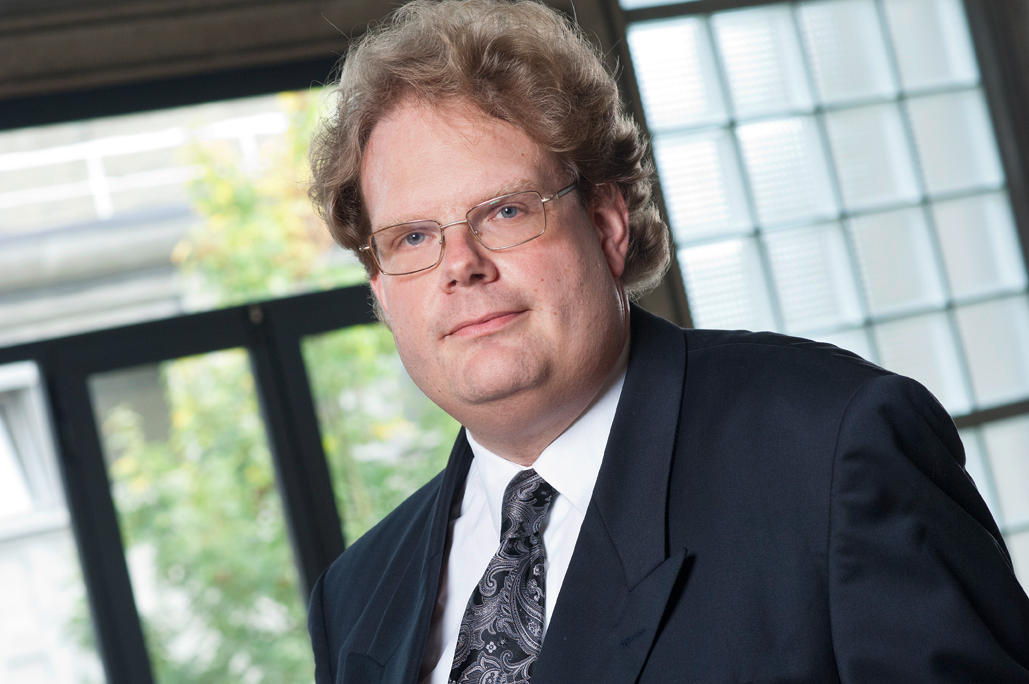
Gerhard Fiolka, a law professor at the University of Fribourg, responded to swissinfo.ch’s questions by email.
swissinfo.ch: What do you think of the ruling by the European Court of Human Rights that denial of the Armenian Genocide falls under freedom of expression?
Gerhard Fiolka: The Court’s decision – which by the way passed by a only a very slim majority – is unconvincing in both its reasoning and conclusion. The Grand Chamber concluded that in a democratic society it was unnecessary to criminalise someone who denied the Armenian Genocide because there was no particularly close connection between Switzerland and the Armenian Genocide and because the events took place a while ago.
With its decision, the Court seriously interfered with states’ margin of discretion. Until now the Court had basically given states free rein when dealing with comments that were indecent or critical of religion, since the state authorities were best placed to judge which restrictions on freedom of expression were necessary. In Europe, freedom of expression is by no means understood to be unlimited, but the legal verdict contains various interventions in the freedom of expression.
swissinfo.ch: Why does the European Court of Human Rights think the Armenian Genocide can be denied but the Holocaust cannot?
G.F.: The Grand Chamber believes that denying the Shoah [the Holocaust] is the expression of an antidemocratic and anti-Semitic ideology and, as such, is dangerous.
I’m not convinced by that reasoning. Mere assertions are thus the basis of differentiating the Shoah and other genocides – a difference that objectively doesn’t stand up and that once again portrays the Jews as a special case.
swissinfo.ch: Why didn’t Switzerland change its racism penal code following the Court’s ruling?
G.F.: Decisions by the European Court of Human Rights always establish a violation of basic rights in a specific case. A conviction does not necessarily let one draw conclusions in other cases or even legal norms. To this extent, it is certainly conceivable that violations of the freedom of expression could be avoided by a narrower interpretation of the law.
In my opinion, changing the penal code is not an obvious solution. On March 3, 2016, the House of Representatives rejected a motion to cancel the penal provision. This indicates that there is currently no broad political consensus to change the provision.
swissinfo.ch: What do you make of the proposal by Yves Nidegger, which requests a modification to the Swiss penal code that would strike out the mention of genocide, or at least require that it be “verified by a competent court”.
G.F.: I think such an amendment is wrong. Denying genocide is regularly traumatic for affected parties. So long as you can be prosecuted in Switzerland for saying that a sewing machine of a certain manufacturer is not technically up to date, it’s not fully clear to me why saying a genocide didn’t take place must remain exempt from punishment.
By limiting genocides to those which are acknowledged by competent international courts, the circle of potential genocides is seriously reduced. For example, while international tribunals exist for the genocides in Rwanda and Srebrenica, the Shoah was not covered by such a verdict. The trials in Nuremburg were not about the Shoah but about the leadership of a war of aggression and war crimes.
In addition, genocide is defined not only in the Swiss penal code but also in international treaties. To that extent, a Swiss judge is able without further ado to determine whether a specific historical fact is a genocide or not. Ultimately, it can’t be a question of whether someone – for example a parliament, a court, an oracle, a majority of television viewers – “recognises” an event as genocide, but whether the facts constitute genocide.
swissinfo.ch: Why should lies be permitted, but not the denial of genocide. In other words, what is the point of the ban in the racism penal code?
G.F.: The denial of genocide traumatises the affected parties for a second time, making them victims again. Also, denial also often implies that the “alleged” victims want to cash in on a genocide myth, which directly affects the group’s reputation.
What’s more, genocide and crimes against humanity are serious offences which concern the interest not only of the affected individuals but also humanity as a whole.
Should genocide denial continue to be a criminal offence? Let us know what you think.
(Translated from German by Thomas Stephens)

In compliance with the JTI standards
More: SWI swissinfo.ch certified by the Journalism Trust Initiative

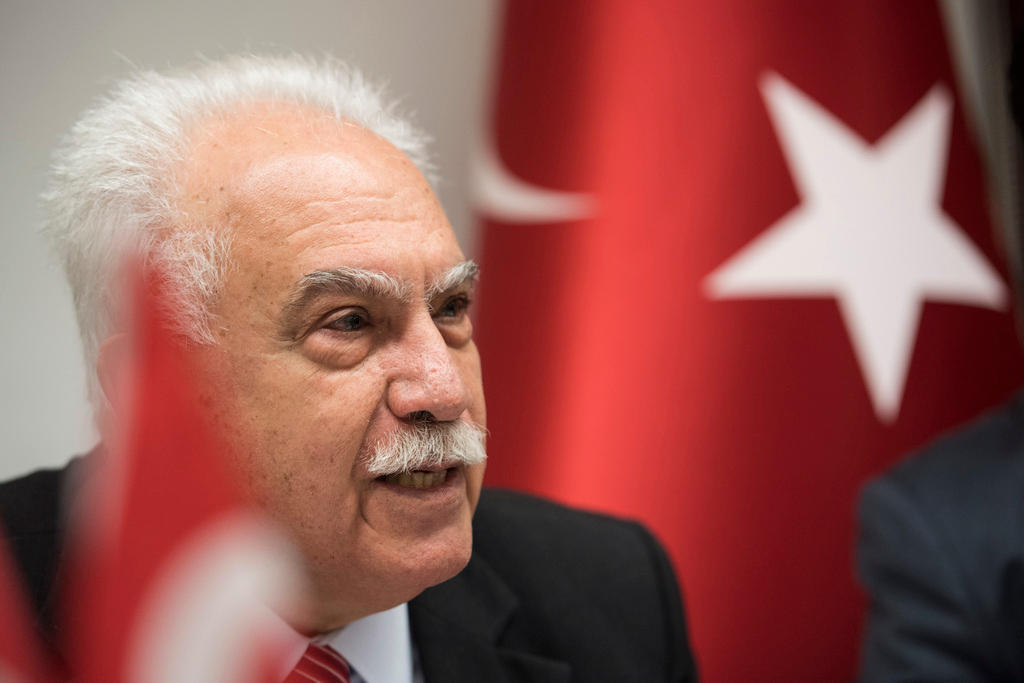
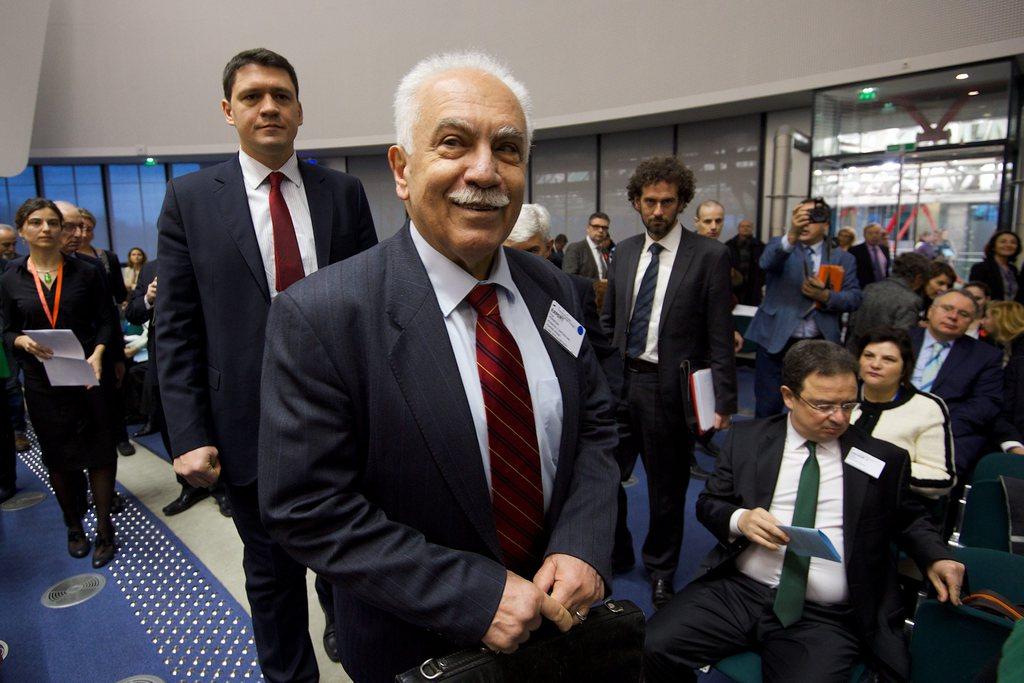
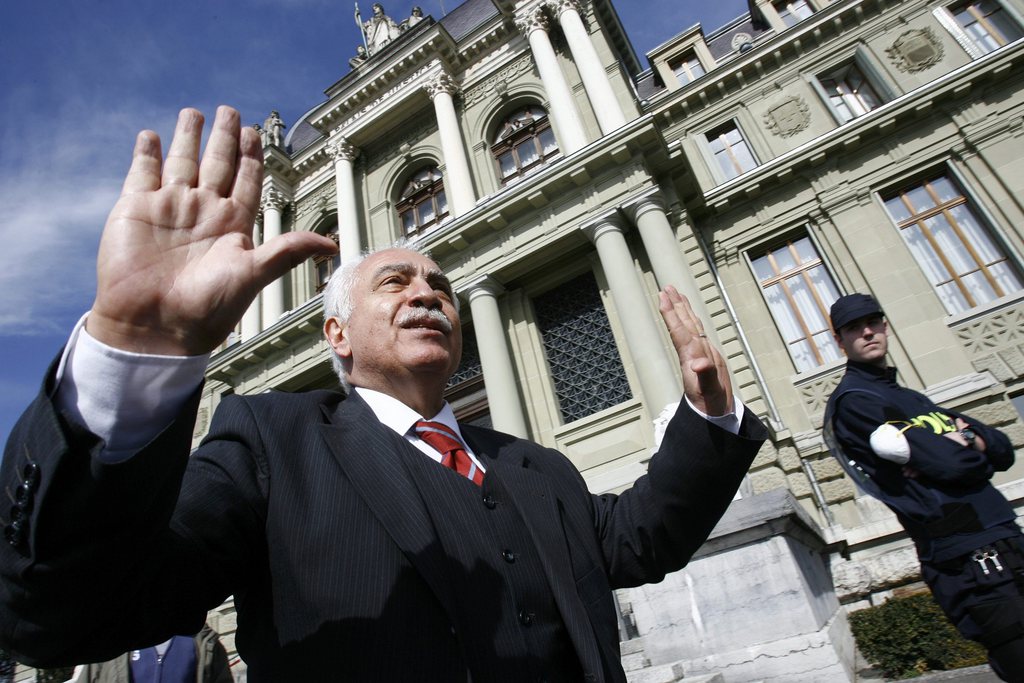
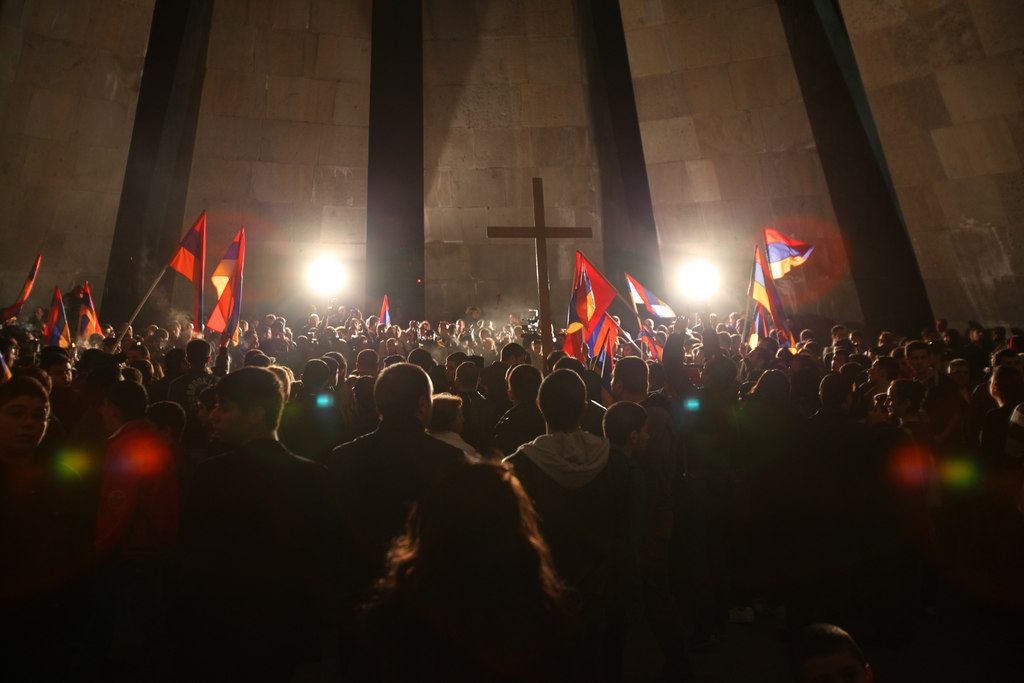
You can find an overview of ongoing debates with our journalists here. Please join us!
If you want to start a conversation about a topic raised in this article or want to report factual errors, email us at english@swissinfo.ch.